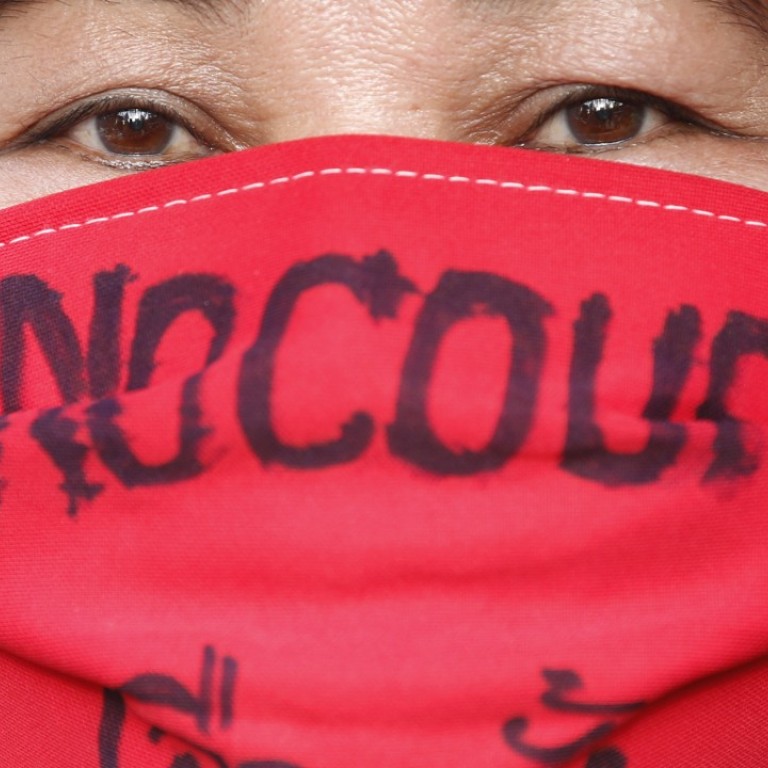
Bangkok Post editor ‘forced to step down’ over critical coverage of Thai military junta government
The newspaper’s board is made up of some of the most powerful figures in Thai business and education, many with close ties to the government
The editor of the Bangkok Post newspaper said he has been forced to step down after refusing to curtail critical coverage of the ruling military government.
Umesh Pandey, who has held the position since July 2016, said the board of directors asked him to “tone down” the newspaper’s reporting and editorials on the actions of the military government, particularly over their suppression of freedom of speech and the delays over long-promised elections.
“When asked to tone down I did not budge and was blunt in letting those who make decisions know that I would rather lose my position than bow my head,” said Pandey in a written statement on Monday night.
“The axe finally came down on me just 60 days before my two year contract ended.”
The axe finally came down on me just 60 days before my two year contract ended
The Bangkok Post board is made up of some of the most powerful figures in Thai business and education, many with close ties to the government. One member, Wuttisak Lapcharoensap, was floated as education minister last year. Neither Pandey nor members of the board responded to requests for comment.
Press freedom in Thailand has been notoriously restricted since the military junta took over in a bloodless coup in 2014, with numerous journalists arrested under laws which ban views the government considers to be “inconsistent with the truth” or under the strict lèse-majesté laws, which prevent any criticism of the king. In the 2016 Freedom House report, media in Thailand was certified as “not free”.
However, in the past 18 months Pandey was seen to have pushed the boundaries of the paper’s coverage and in his departure statement, he spoke of his pride at the “hard-hitting news” that he and his team had produced.
An editorial from May 14, in which the paper criticised the banning of all broadcasts by pro-democracy Peace TV, was said to have been a particular source of contention.
The paper slammed the ban as a “blatant and poorly thought out act of censorship” and added: “The charge used to once again shut down the only popular outlet of a major political force is ludicrous.”
Pandey also recently wrote a damning op-ed on the military government, who rule as the National Council for Peace and Order, led by prime minister General Prayuth.
“The momentum has already started to build against this government and any smart politician or military strategist would know it is futile to go against the trend,” wrote Pandey. “It is therefore advisable Gen Prayut and his band of democracy-robbers wake up before the situation deteriorates to a point of no return.”
It follows a recent incident where the editor of Chiang Mai City Life magazine was almost jailed and the publication accused of blasphemy after they posted an image on Facebook showing three Thai kings wearing gas masks – an attempt to highlight to city’s problems with pollution.
The governor of Chiang Mai accused editor Pim Kemasingki of violating the Computer Crime Act, and she was only cleared after taking the image down and publicly apologising.

